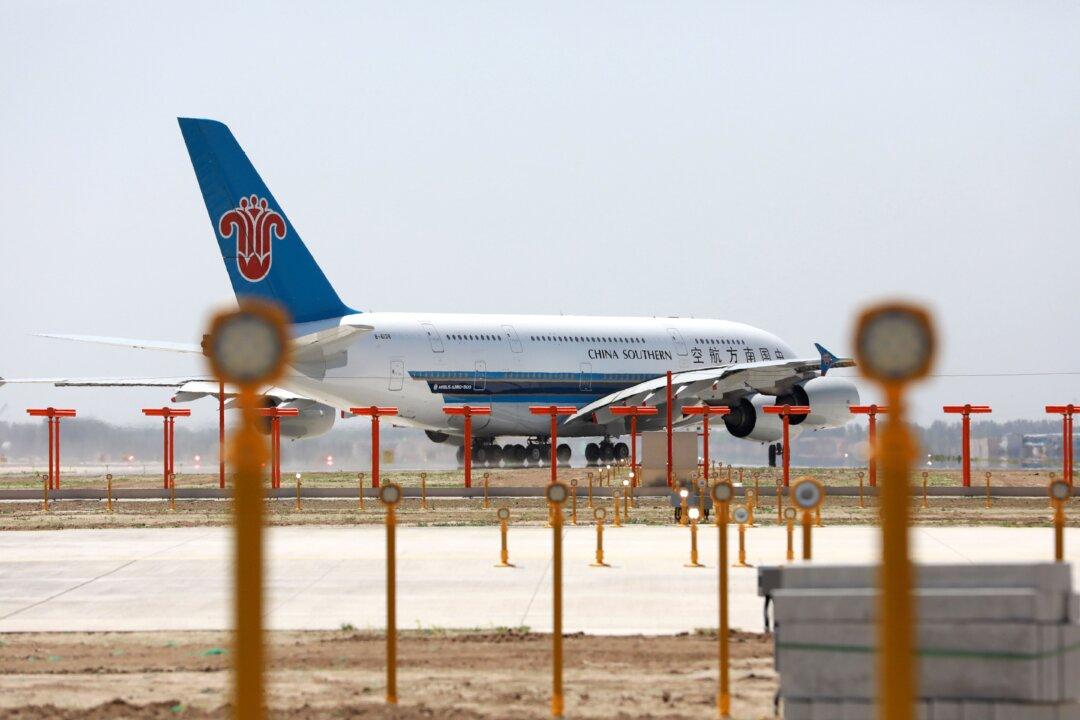The small pacific nation of Papua New Guinea is demanding answers from Beijing after reports emerged that the Chinese Communist Party (CCP) was using PNG-posted workers as guinea pigs to test a Chinese-developed trial COVID-19 vaccine.
In a report on Aug. 20, The Australian newspaper revealed that Chinese state-owned Ramu Nickel Management Limited had informed the PNG government it had vaccinated its fly-in-fly-out (FIFO) workers with an experimental SARS-CoV-2 vaccine on Aug. 10.




